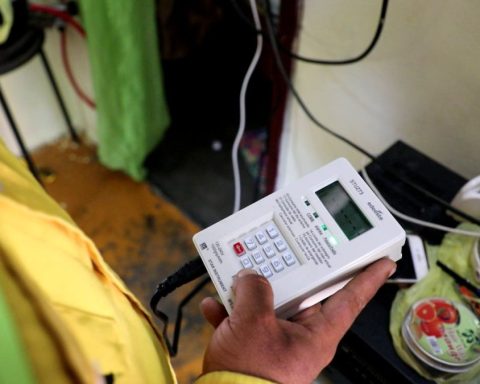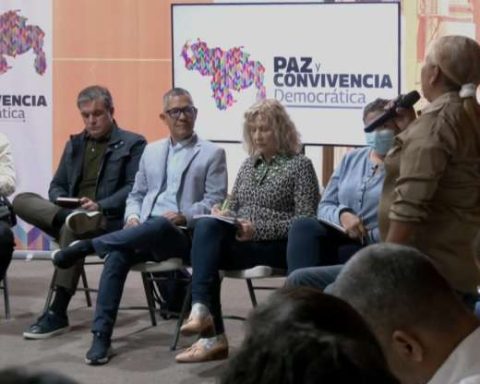L
the production of basic grains, essential for human and animal feed, to which most peasants and farmers dedicate themselves, was the net loser of the North American Free Trade Agreement (NAFTA, 1994).
The treaty opened the Mexican market to imports from the US and Canada, leaving Mexico no chance to compete, while changing agricultural policies and destroying the institutions and public services that supported agriculture.
Food self-sufficiency as a goal has been transformed into food security, which consists of having the resources to buy food in the global village, regardless of whether the country produces it.
Under the agreement, the agricultural trade balance was in deficit for almost 20 years, with imports of basic grains taking center stage, until 2015, when exports of avocado, vegetables and blackberries achieved a surplus.
Competition with imports destroyed the national production of basic grains. In Campeche and Morelos, rice production fell drastically and mills only bought imported grain to polish it. Soybeans almost disappeared and the recovery of their production from 2007 onwards moved to the Yucatan peninsula, with transgenic seeds and razing the jungle. Wheat, despite its high productivity, was subject to low prices and marketing difficulties. Beans sharply increased their dependency levels, further impoverishing the producing regions. For corn, imports grew exponentially as it was also destined for animal factories as an effect of the treaty, while in different regions farmers stopped producing it and rented their land for export crops.
The debacle of basic grains did not succeed in extinguishing these crops due to the resistance and organization of the peasants and farmers who fought to obtain support to remain in the activity. Although many of their organizations succumbed to the economic crisis, they promoted policies that returned a minimum certainty and profitability to their crops. They innovated production and marketing systems, learned the movement of international markets, sought to strengthen and integrate their organizations, forge alliances with organizations from other countries, have voices in Congress, and wrest from the State the subsidies indispensable to continue being agricultural producers.
That is why the proposals of the current government were very well received: strengthening of peasant agriculture, food self-sufficiency, guaranteed prices… But these proposals were met with a reduction in the budget for the countryside, with the demonization of commercial farmers and peasant and producer organizations, with the elimination of the remaining financing, insurance and marketing instruments, with greater openness to imports, with arrest warrants for peasant leaders who protest to sell their crops at a profitable price.
The results of the production of basic grains – rice, beans, corn, sorghum, soybeans and wheat – together show a reduction in production volume of 10 percent, going from 36.4 million tons to 32.7 million tons between 2018 and 2023.
Rice production during this period decreased by 11 percent to 252,000 tons, while imports totaled 219.3 million tons.
Wheat was the only grain to increase its production, reaching 3.5 million tonnes in 2023, although this remained below the 3.9 million tonnes of 2016 and far from the growing import volume of 6.2 million tonnes.
Bean production fell sharply by 40 percent between 2018 and 2023, reaching only 724 thousand tons.
Corn production fell 14 percent to just 23.3 million tons in 2023, 5 million tons less than the 2016 record. However, producers faced enormous difficulties in marketing their crops. Imports totaled a record 19.7 million tons, which could be surpassed in 2024. They came mostly from the US, but also from Brazil and South Africa, which do not have trade agreements and were not charged tariffs in order to reduce the price of domestic crops. Corn production only covered 54.2 percent of domestic consumption and the remaining 45.8 percent was covered by imports.
The government sought to contain inflation at the expense of peasants and farmers, against food self-sufficiency, the profitability of national production and favored the transnationals that control the markets.
















